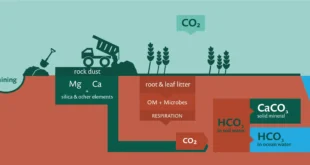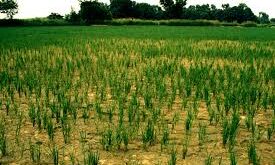- Recently, a new report by the Centre for Science and Environment (CSE) has revealed that most of the State Pollution Control Boards (SPCBs) and Pollution Control Committees (PCCs) in India remain non-transparent entities when it comes to sharing information with the public.
- CSE is a public interest research and advocacy NGO based in New Delhi.
Important points:
- The report is titled, Transparency Index: Rating of pollution control boards on public disclosure.
- It has assessed the data disclosure performance of 29 State Pollution Control Boards And Six Pollution Control Committees from across the country. Of these, only 17 boards and committees scored 50% or above.
- Pollution control agencies under Air Act 1981 and Water Act 1974 is to collect and disseminate information related to air and water pollution and also about its prevention, control or abatement.
- The law also asks the boards to share the data in the public domain.
- However, this is rarely done in practice.
- The pollution control boards of Odisha and Telangana were the top performers and had scored 67% in transparency.
- Putting in the public domain crucial pollution-related information, data and details of actions taken is critical. It can help policy-makers take the discussions to the next level of pollution management.
- It can also reassure the people about the efficiency of these boards and committees.
Central Pollution Control Board (CPCB):
- CPCB is a statutory organisation which was constituted in September, 1974 under the Water (Prevention and Control of Pollution) Act, 1974.
- It was also entrusted with the powers and functions under the Air (Prevention and Control of Pollution) Act, 1981.
- It serves as a field formation and also provides technical services to the Ministry of Environment, Forest and Climate Change of the provisions of the Environment (Protection) Act, 1986.
Functions of the CPCB:
- To promote cleanliness of streams and wells in different areas of the States by prevention, control and abatement of water pollution.
- To improve the quality of air and to prevent, control or abate air pollution in the country.
Way Forward
- There should be a uniform format for presenting annual reports and sharing information on websites.
- The Central Pollution Control Board (CPCB) should come up with a website format for the SPCBs/PCCs and guidelines for framing annual reports.
SOURCE: THE HINDU,THE ECONOMIC TIMES,MINT
 Chinmaya IAS Academy – Current Affairs Chinmaya IAS Academy – Current Affairs
Chinmaya IAS Academy – Current Affairs Chinmaya IAS Academy – Current Affairs



